Where to go if your voice is a problem?
If vocal performance is questioned before, during or after the speech training courses, students should contact specialised institutions to have their vocal and speaking skills tested. The subject area Speech and Language Education works together with the institutions listed below. We are happy to help students make contact and provide assistance and tips.
Doctors and phoniatrists
ENT joint practice -HNO am Anger, Dr Marlen Fabris and Dr Anne Heuschkel,
Am Anger 7, 99084 Erfurt
Tel: 0361 / 643 826 2
HNO - Gemeinschaftspraxis am Südpark Dr Annegret Wurschi, specialist in ENT, phoniatrics and paediatric audiology, voice and speech disorders, Melchendorfer Straße 1, 99096 Erfurt
Tel.: 0361 346 56 43
HELIOS Clinic Erfurt, Dr med K. Breitenstein, Nordhäuser Straße 74, 99089 Erfurt
Phone: 0361 781 63 11
ENT practice, voice and speech disorders Dr Martin Hesse, Juri-Gargarin-Ring 94, 99084 Erfurt
Tel.: 0361 53 4275
Speech therapists or speech educators
Erfurt
Specialist practice for speech therapy Cornelia Böhm, Pilse 26/27, 99084 Erfurt
Tel.: 0361 212 942 28
cornelia.boehm@logopaedie-boehm.de
Katrin Oelze, graduate speech scientist, speech therapist, mediator (FH), Löberwallgraben 8, 99096 Erfurt
Phone: 0361 555 9656
kontakt@kommunikation-oelze.de
Weimar
SPRECHZEIT Therapeutic practice for language, bonding & relationships Marga Bielesch, Obere Schlossgasse 1, 99423 Weimar
Phone: 03643 501 931
Speech therapy practice Anke Malmvall, Dr.-Salvador-Allende-Straße 2, 99425 Weimar
Phone: 03643 443 7875
a.malmvall@praxis-fuer-logopaedie-weimar.de
Speech therapy practice Wundke, Schwanseestraße 30, 99423 Weimar
Phone: 03643 512 056
Eisenach
Speech therapy Sophienbad, Grimmelgasse 2, 99817 Eisenach
Tel.: 03691 882 420
Ilmenau
Speech therapy practice Karina Frickmann, Langewiesener Straße 19A, 98693 Ilmenau
Tel.: 03677 465 39 44
Gotha
Susann Gröschel-Henkel, qualified speech therapist, Friedrichstr.11, 99867 Gotha
Tel.: 03621 509 245
sprachtherapie-groeschel@gmx.de
Arnstadt
Speech therapy practice Irina Stangenberger, Obere Weiße 2, 99310 Arnstadt
Tel.: 03628 58 51 93
info@stangenberger-logopaedie.de
Mühlhausen
Speech therapy practice Carolin Piontek, Entenbühl 3, 99974 Mühlhausen
Tel.: 03601 853937
Associations
In addition to medical-therapeutic programmes, the professional associations also offer individual voice and speech training by specially trained coaches.
German Association of Clinical Speech Scientists (DBKS)
https://www.dbks-ev.de/therapeutenverzeichnis/
Central German Association for Speech Science and Speech Training (MDVS) with the "Teacher's Voice" project
German Society for Speech Science and Speech Training (DGSS)
Speech training projects
The university lecturers in the subject area of Speech and Language Education are involved in various speech projects outside of their teaching.
These can take place on an interdisciplinary basis with students and other employees of the University of Erfurt
or with other institutions. Current and past projects are presented here.
You can find out more in the tabs below.
2024: Marginalised and yet strong - exhibition project of the Faculty of Theology
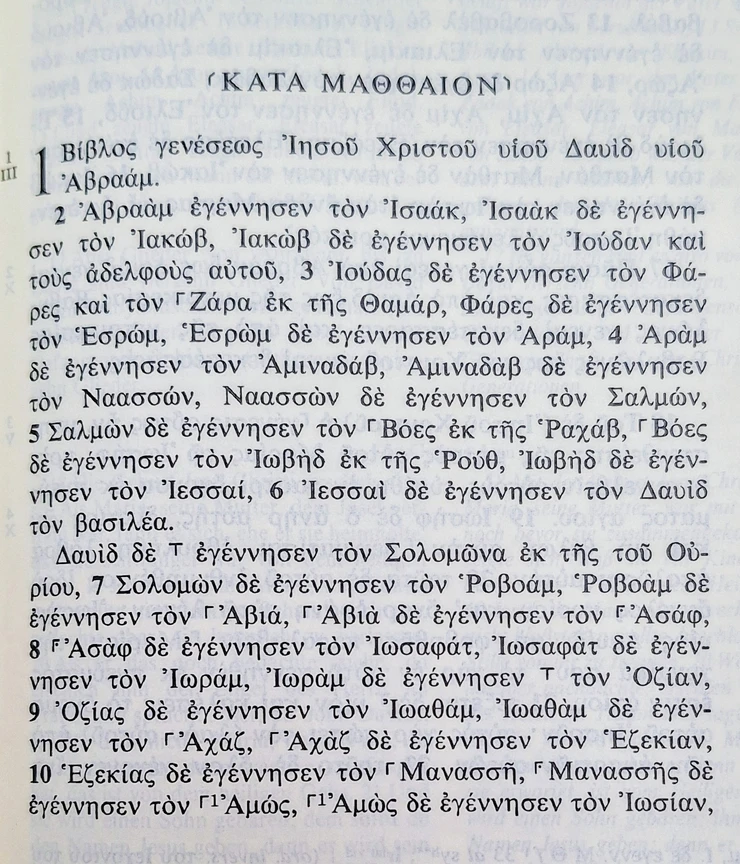
In preparation for an exhibition entitled "Marginalised and yet strong" in the Petrikirche in Freiberg from 30.11.23 to 6.1.24, audio texts were recorded with students and teachers from the University of Erfurt under the direction of Dr Uta Wallraff. The exhibition focused on four biblical female figures Tamar, Rahab, Ruth and Bathsheba - strong women in the family tree of Jesus, who were examined in more detail in the exhibition and the accompanying programme. The overall project was initiated and led by Dr Cornelia Aßmann (University of Erfurt).
Further information can be found at:
University of Erfurt (Theology): Marginalised and yet strong.
The women in the family tree of Jesus (Mt 1:1-17)
Diocese of Dresen-Meißen: Marginalised and yet strong.
The women in the family tree of Jesus (Mt 1:1-17)
2024: Voice counselling for UE employees
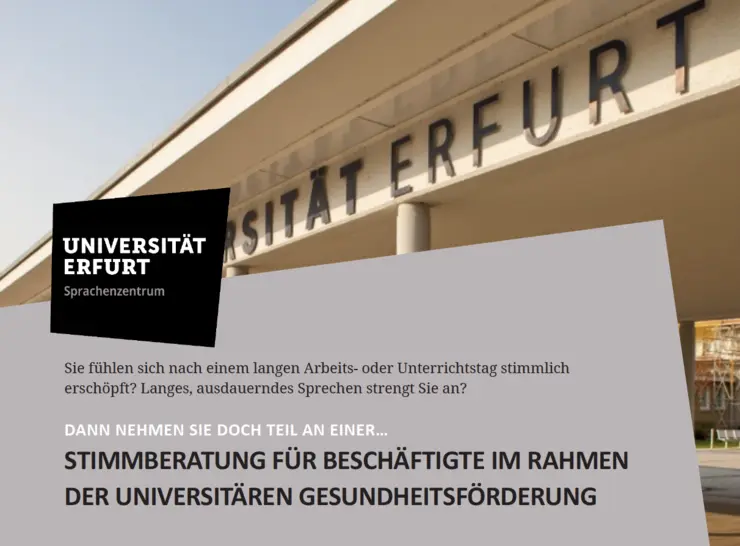
Individual voice consultations for employees of the University of Erfurt were offered during the summer semester 2024 by the subject area of speech training and in cooperation with university health management. This is a 30-minute individual consultation (face-to-face or online) in which your own voice and speech are analysed and exercises are derived to strengthen your voice and speech in the future. Sophie Laufer carried out a total of 25 consultations, which were received and reflected on positively throughout: "Thank you very much for the really informative meeting, your expertise and the materials. I will integrate your exercises into my everyday life and have already realised after our short time what a positive effect it had. Thank you very much once again."
Current: Uni & Erfurt - the campus compass
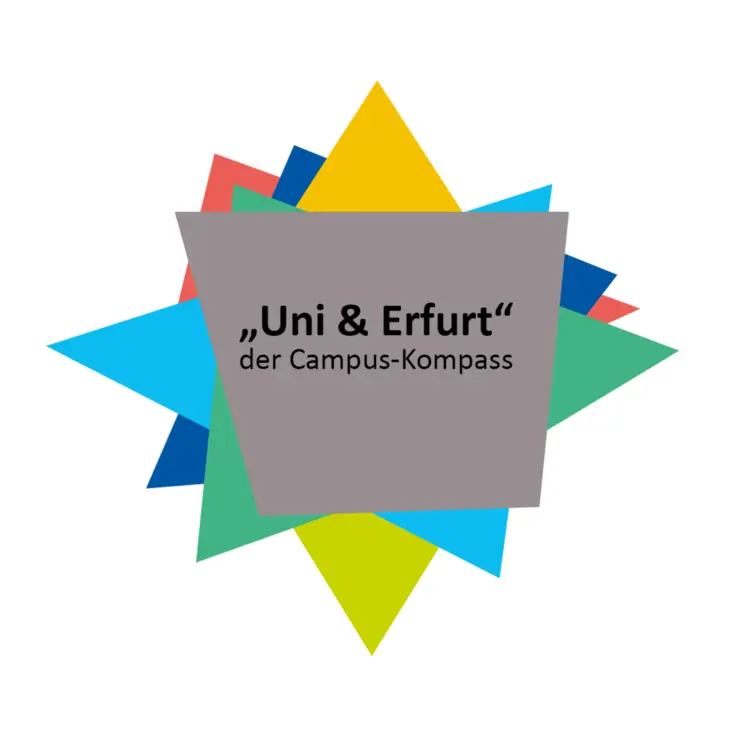
In the summer semester 2024, the podcast "Uni & Erfurt" - the campus compass - was created within the StuFus "Stimme und Sprechen im Podcast" and in cooperation with Media Communication under Ms Voigt.
The podcast is generally about studying at UE, life in Erfurt and tips and tricks that make studying unforgettable and uncomplicated at the same time. In the summer semester, 6 entertaining and interesting episodes have already been produced, which have been published weekly on the university website, Spotify and Apple Podcasts since 01.07.2024. Dr Hoppe and her course "English in International Contexts" have produced two further English-language episodes in order to address foreign students and provide them with information about their studies.
Due to the overall positive feedback, the podcast will be continued by Ms Laufer as part of two speech training courses. You can look forward to new and interesting episodes.
Materials and links
What can I do for my own voice? How can I work on my pronunciation? How do you pronounce the word "balcony" or "salad"? Do you pronounce "China" with "ch", "sch" or "k"? Answers to these questions can be found on the linked pages and materials.
What can I do for my own voice?
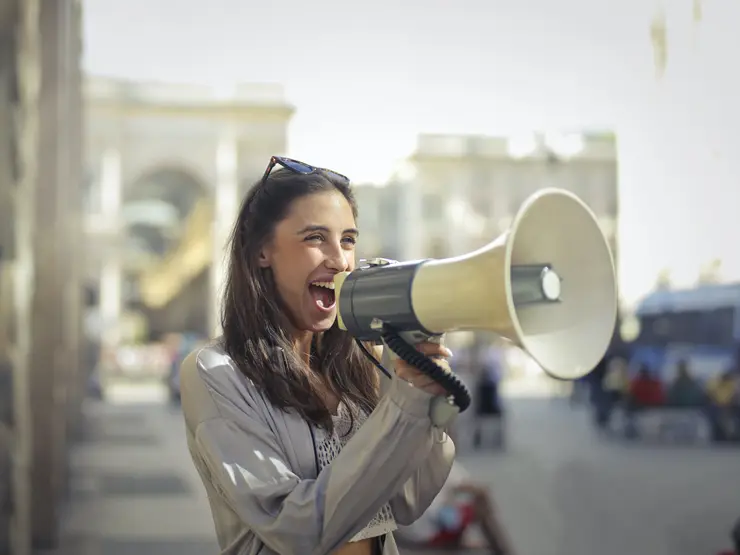
We are often asked by students and colleagues: What can I do for my voice? When should I go to the doctor? Which exercises are good for my voice?
The online course "Body - Voice - Posture" from Martin Luther University Halle covers many of these questions. The linked material is suitable for self-study for anyone who wants to professionalise their voice, even if it is specifically tailored to prospective teachers.
How do you pronounce the word "China", "balcony" or "salad"?
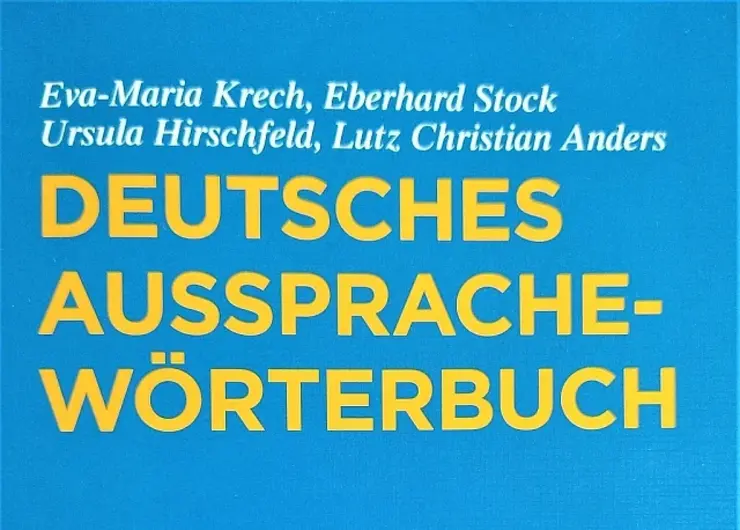
The German Pronunciation Database is the first freely accessible pronunciation database that contains over 130000 lemmas for almost every German word. It is based on years of pronunciation research by colleagues at the Department of Speech Science and Phonetics in Halle. The accompanying German Pronunciation Dictionary (KRECH/STOCK/HIRSCHFELD/ANDERS 2009) is the most up-to-date and scientifically sound pronunciation dictionary of German. It answers the question of which pronunciation variants of the words "China", "Balkon" or "Salat" are correct and close to the standard or which are more likely to be categorised as colloquial.
What sounds are there in German? How are they formed?

What is proper German? How clearly should I speak? How far apart do I put my teeth? Where is my tongue? It is at the smallest level of sounds that it is decided whether I am understood or not.
The interplay between jaw, tongue, larynx and lips is fundamental to the formation of words and utterances. Sounds of Speech provides a comprehensive understanding of how the individual speech sounds of standard German are formed. Animations, videos and audio examples are used to describe the essential features of the individual consonants and vowels of German.
